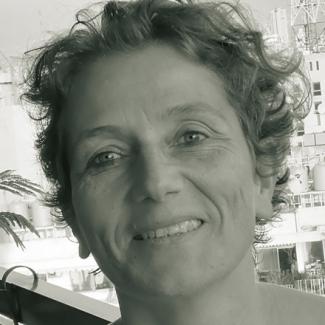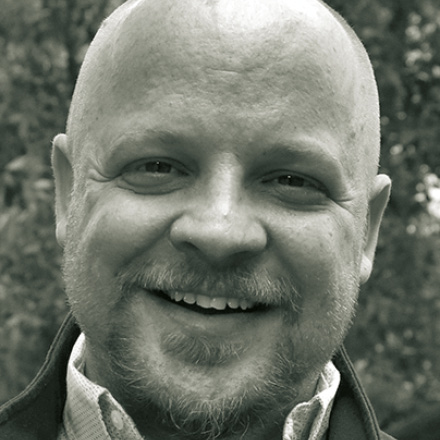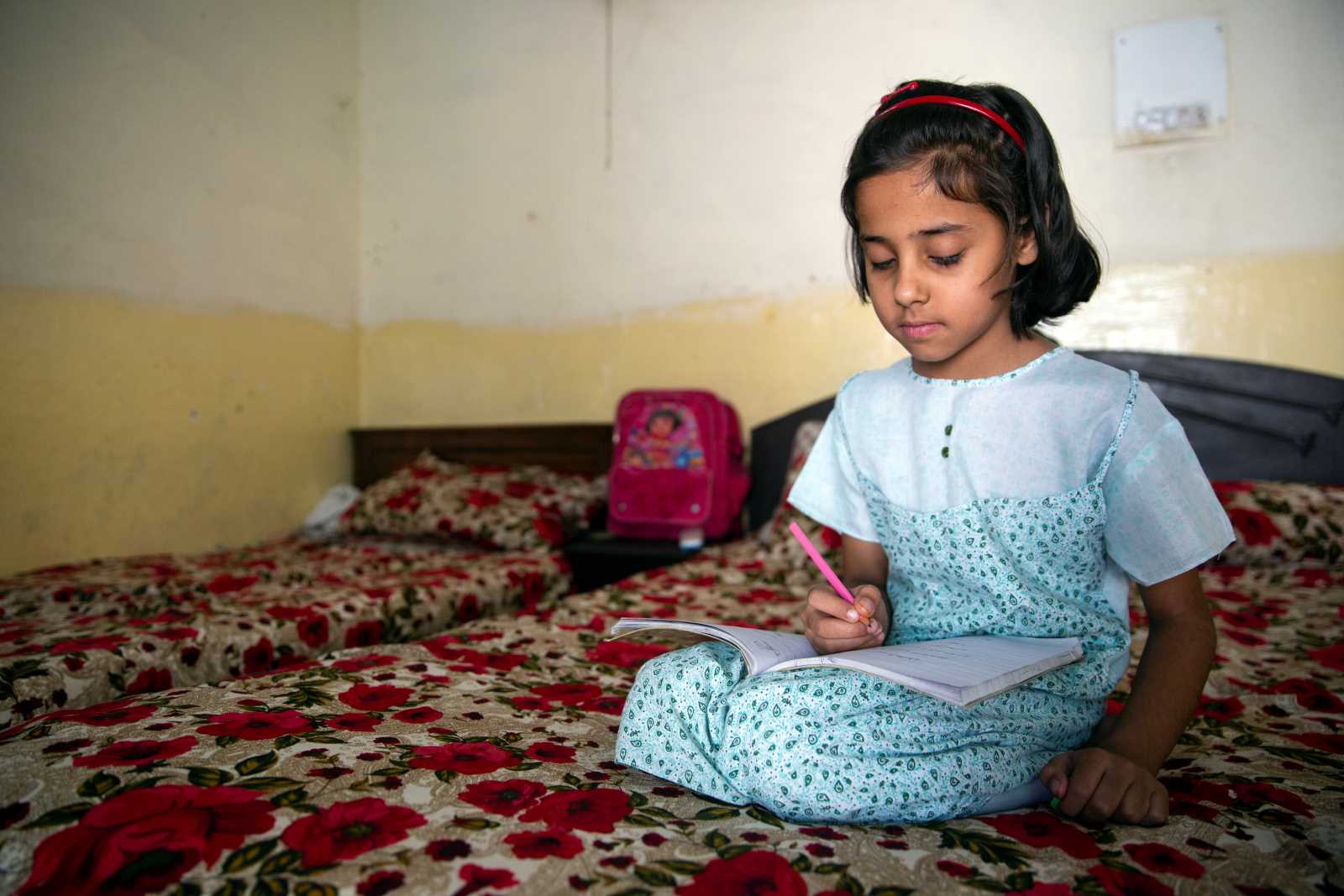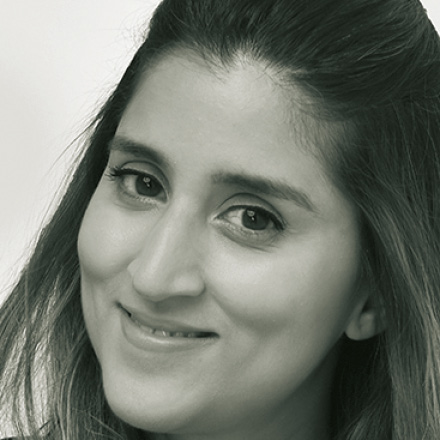Misinformation
Old patterns, new content
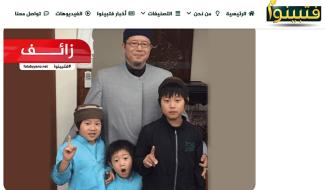
A popular story on Facebook was that a Japanese family converted to Islam after being cured of Covid-19. The photo showed an Asian looking man with three children. However, Fatabyyano, a fact checking platform, revealed that the information was wrong. Though the man really did become a Muslim, that had happened more than 20 years ago, and the picture was taken five years ago.
A video with similar content proved even more popular in Arab speaking countries. It was about a Chinese woman converting to Islam because of the coronavirus. The clip shows her professing her faith in front of a Muslim cleric. The fact checkers have evidence of it having been filmed long before the start of the pandemic.
Examples like this show that Arab societies are dealing with Covid-19 in ways that fit long-established patterns, which include insisting on the supremacy of one’s own religion and providing conversion stories as proof. In the pandemic’s early days, fake news claimed that only non-Muslims contracted the novel virus or that its emergence served to punish China for repressing the Muslim Uighur minority.
After Italy’s Prime Minister Giuseppe admitted that his government had lost control of this health crisis, WhatsApp groups shared a video that supposedly provided evidence of many Italians converting to Islam. Similar narratives are prevalent in small communities too. Palestinian refugee camps in Lebanon are an example. Initially, the message was common that camp residents’ moral superiority protected them from Corona infections.
Sometimes fake news originates in Europe and then moves on into the Arab digital sphere. That rout was taken by misinformation concerning the relevance of the pharmaceutical, the role of Bill Gates or the harmful impacts of 5G mobile networks.
According to Moustafa Elsayed, who works as a fact checker for Fatabyyano, it is mostly private persons who generate and spread such messages. Many of them hope to become famous. They neither trust international organisations nor their governments, and they form their views inside digital bubbles. He says, that even health-care professionals are involved. His assessment is that they do not understand scientific studies properly, fail to think critically or are led by the theory that the rich world is using Corona as a weapon in its permanent war on the poor.
Many Arab people wonder why their world region is permanently in such a depressing state. Conspiracy theories offer simple explanations. The idea that the entire world is fighting Islam and the Arab region is quite popular, though claims about who exactly is the enemy vary.
Some conspiracy theories only focus on individual countries, faith-based groups or specific communities. In Lebanon, for example, Covid-19 infections initially predominated in areas where mostly Christians live as well as in a town in the country’s marginalised east. Fake news soon emerged according to which members of other faiths had caused infections to hurt the Christians and, respectively, the town concerned.
Press freedom is restricted in the Arab region, and government information is quite often not trustworthy. Both issues make conspiracy theories and fake news more likely to resonate with masses. After decades of bitter disappointments, people do not trust their governments. Why should that suddenly change in the Covid-19 era?
Mona Naggar is a journalist and media trainer. She lives in Beirut, Lebanon.
mona.naggar@googlemail.com
